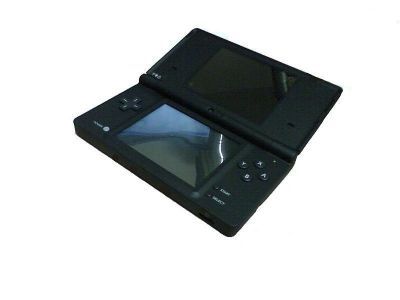Analyst's report confirms videogaming has gone mainstream

Your support helps us to tell the story
From reproductive rights to climate change to Big Tech, The Independent is on the ground when the story is developing. Whether it's investigating the financials of Elon Musk's pro-Trump PAC or producing our latest documentary, 'The A Word', which shines a light on the American women fighting for reproductive rights, we know how important it is to parse out the facts from the messaging.
At such a critical moment in US history, we need reporters on the ground. Your donation allows us to keep sending journalists to speak to both sides of the story.
The Independent is trusted by Americans across the entire political spectrum. And unlike many other quality news outlets, we choose not to lock Americans out of our reporting and analysis with paywalls. We believe quality journalism should be available to everyone, paid for by those who can afford it.
Your support makes all the difference.Deloitte has released its latest USA media-use survey, indicating that 60 percent of the country's households now own at least one video game console.
For the purposes of the survey, the US population was split into four age ranges: Millennials (those between 14 and 26 years old), Generation X (27-43), Baby Boomers (44-62) and Matures (63-76). Seventy percent of those between 27 and 43 years old now own a games console, and 44 percent of the 44-to-62-year-old age range do also.
Those figures are up by nearly half in comparison to Deloitte's 2006 State of Media Democracy report, and though during 2009 there has been an overall fall in software and hardware sales, 2008 was especially good for the industry, with the PS3 and Nintendo DS shifting 1 million more units than in 2007, and the Nintedo Wii near doubling its US hardware sales from 6 to 10 million.
A comparison of the NPD Group's hardware sales data for January - November 2008 and 2009 also shows that despite an overall fall from 34 million to 23 million units, the Nintendo DS has increased its sales by 1 million, just as it did during the same period in 2007. The DS has proven to have incredible mass-market and cross-generational appeal, aided by its portable pocket-size form factor, intuitive controls, yearly hardware improvements and cheaper price tag.
Join our commenting forum
Join thought-provoking conversations, follow other Independent readers and see their replies
Comments